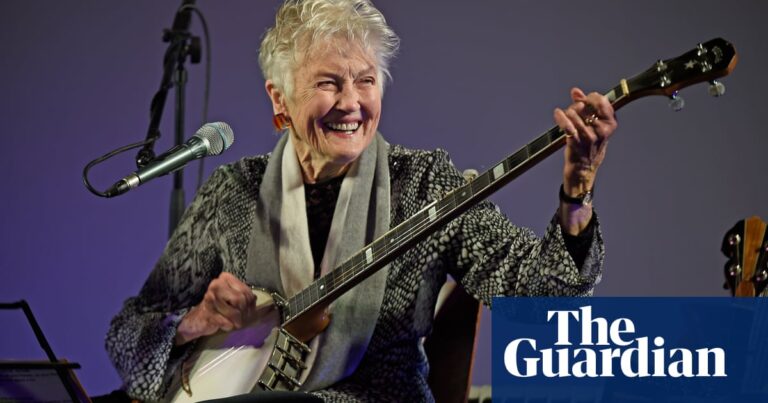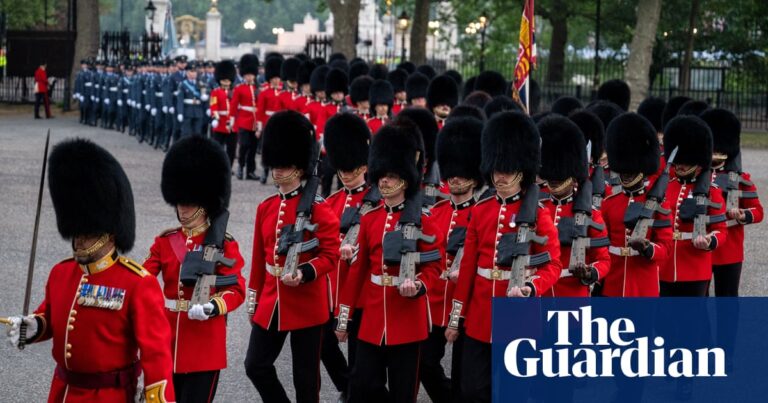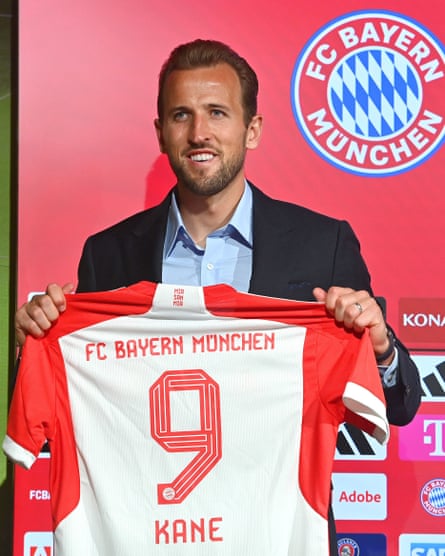
Though it takes place every 12 months, to understand the dynamics of the Eurovision public vote it may be useful to think of the song contest as a kind of school reunion. There’s a basic feeling of shared belonging fostered by geographic proximity among the 26-pupil class in the grand final, but it’s fair to say most of them haven’t thought about each other much for some time. Life got in the way. So when they meet, there’s joy in recognising the familiar and discovering the new.
Portugal is still the same as when you last raised a glass together. Finland has let itself go a bit. Ireland has definitely changed. And who thought Switzerland, of all places, would triumph like that?
Songs that land in that tight space between continuity and novelty will often do well in the audience vote. Think Croatia, which nearly swept into the top spot at the last minute: traditional frilly folk costumes, but with smudged eyeliner and a choker. An age-old tale about young folk leaving behind Balkan village life, but underscored with choppy industrial metal chords.
Then there’s Ireland’s entry, which got 136 points from the audience: heathen Ouija pop from the place once considered the most Catholic of countries. Or the Netherlands, which came second on public votes in Thursday’s semi-final before being controversially disqualified before the final: inane dance, but with a serious story about free movement.
Which is one answer as to why the UK’s Olly Alexander scored so poorly on Saturday night. Britain has a structural disadvantage because it has been a dominant force in pop culture terms for so long – ever-present on Spotify playlists, in Netflix catalogues and bestseller charts in many countries on the continent. A non-binary performer from Switzerland was novel, whereas queer aesthetics in a British act hardly come with the shock of the new. Everyone listening in Malmö clocked that the opening chords of Dizzy were a reference to the Pet Shop Boys’ It’s a Sin.
Alexander’s entry was a well-crafted pop song that should do very well on the radio – its decent score from the music executives in the jury vote showed as much. But it was also not especially risky: there was no sense that this particular performer was taking a punt at the risk of making a fool of himself on the night.
Walking through Sweden’s third city over the last four days, it was possible to get a pretty good sense of which songs had a chance of doing well in the final because they boomed out of the clubs at night and were hummed on over-filled trains. The Guardian didn’t hear Dizzy outside the arena once. If this were a school reunion, some hungover heads would have been scratched on Sunday morning trying to remember if the UK turned up at all.
Source: theguardian.com





















